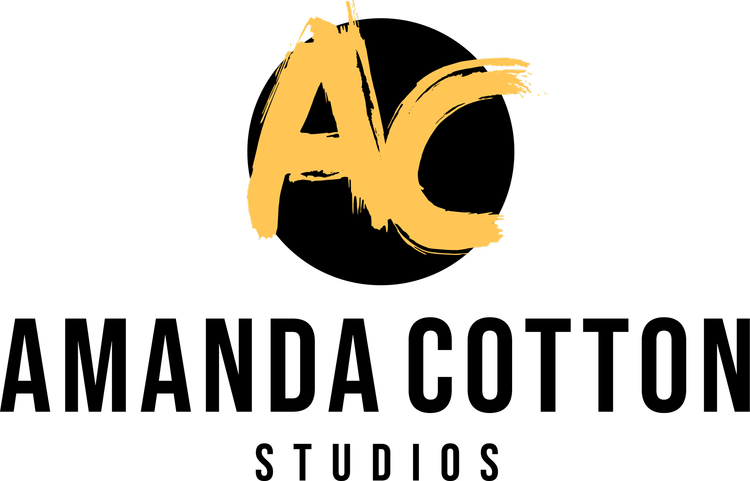Dietary requirements
due to the nature of the event, we kindly ask those with allergies & or dietary requirements not to participate in eating the sculpture cake.But you are welcome to join in the event.
Health & Hygiene Guidance
Preparing Food for Community Events COVID
If you are experiencing any symptoms, have been around people with symptoms or are isolating, in line with government guidance, please do not make a cake or attend the event.
Personal hygiene
■ Always wash your hands before handling food and during on a regular basis.
■ Always wear clean clothes that will not give rise to contamination of food, for example pet hairs, woolen fibres, loose buttons
■ Before preparing food remove excess jewellery, broaches etc. as jewellery harbours dirt and bacteria and can fall into food
■ If you have a cut make sure you cover it with a waterproof dressing, not a gauze dressing.
■ Do not attempt to prepare food if you have:
- an acute cough or cold, sores, boils, Covid
- septic lesions or any type of contagious skin condition,
- symptoms of vomiting and/or diarrhoea do not attempt to prepare food
The kitchen
■ Make sure food-contact surfaces, bowls and utensils are clean before preparing food.
■ Never use equipment and/or utensils for raw foods and then cooked foods without cleaning it thoroughly.
■ Do not allow pets into the kitchen as they present a risk of cross-contamination.
Ingredients
■ Make sure ingredients are of good quality and follow all out-of-date guidance.
■ Keep ready-to-eat foods, for example cakes and biscuits away from raw meat, fish and poultry.
■ Never add raw shell egg (yolk or white) to a ready-to-eat product, for example as an ingredient for icing or mousse etc.
Safe storage of food
■ Ensure that all foods especially those containing dairy products, and eggs are kept in a refrigerator at < 8⁰C.
■ Cover food preferably in a food-grade container with a tight-fitting lid - all products must be protected from contamination, for example:
- Bacterial contamination from - raw foods, refuse, dirty hands, animals, insects etc.
- Chemical contamination from - cleaning agents, disinfectants etc.
- Physical contamination from - hair, jewellery, buttons, pet hair, etc.
Transport of food
■ Make sure the container is clean and does not present a risk of contamination to products.
Common allergens and some derivatives
A list of common allergens & some derivatives that may be present in the cake: cereals containing gluten (wheat, barley, rye & oats), celery & celeriac, eggs (all varieties), crustaceans (prawns, shrimps, lobster, crab etc.), sesame (oil, halva, etc.), molluscs (mussels, cockles, squid etc.), lupin (flour), fish (all species), milk (cream, butter, yoghurt etc.), soya (tofu, bean curd, soy sauce etc.), peanuts (arachis oil, satay, peanut flour), mustard (powder, salad dressings, marinades, soups), tree nuts (Brazil, almond, hazel, walnut, pistachio etc.), sulphur dioxide & sulphites (preservatives E220 - E228).)
By donating a cake it will confirm that you have read and adhered to this guidance. THANK YOU FOR UNDERSTANDING.
If you have any questions please contact Amanda.
Email: amanda@acstudios.co.uk
Website: amandacotton.co.uk
